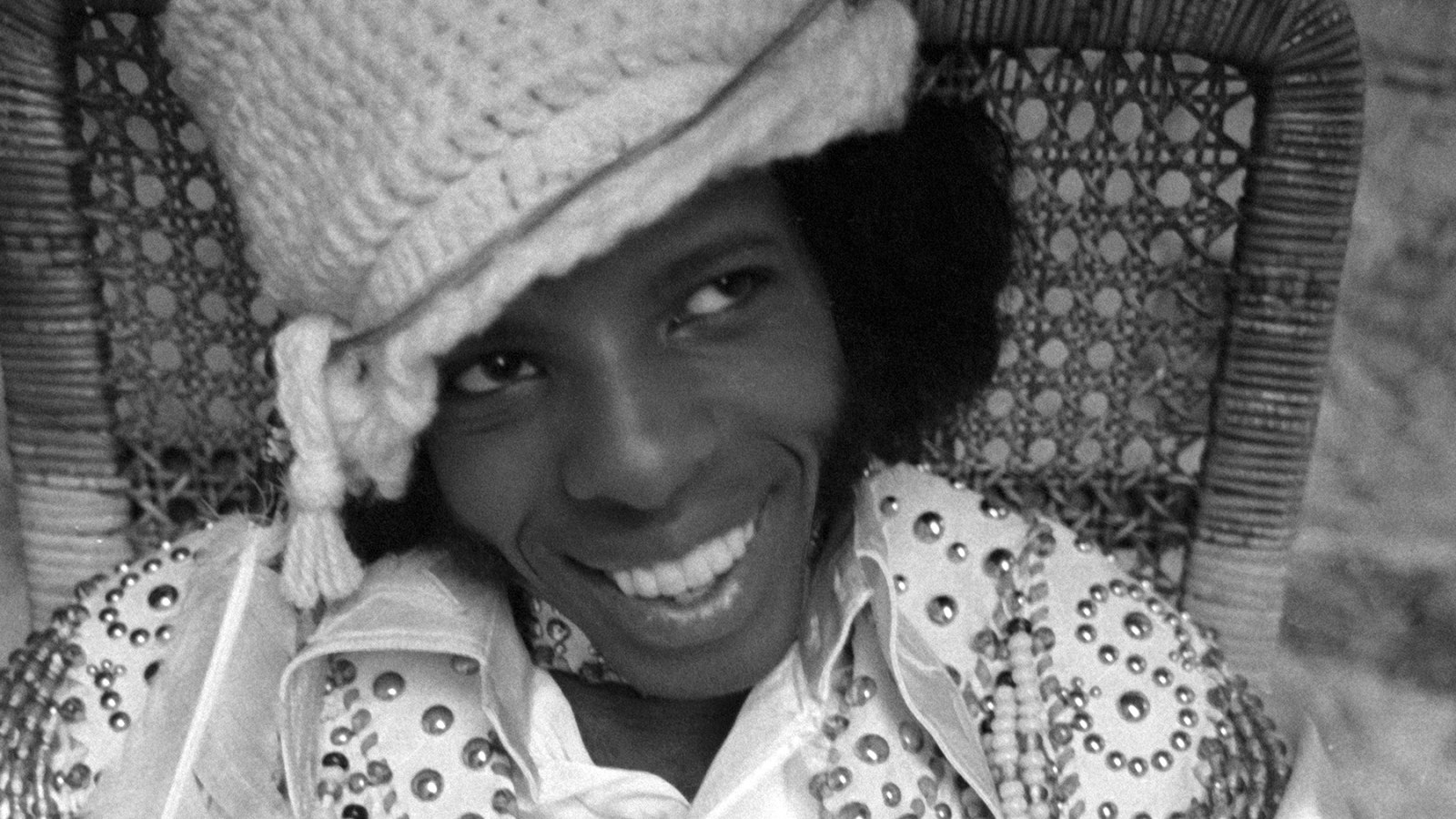Sly Stone, the enigmatic figure of American music, left an indelible mark on the industry, reshaping it with his groundbreaking sounds during the Sixties and Seventies. As the driving force behind Sly and the Family Stone, he masterfully blended funk, soul, and acid rock into a soundscape that defined an era, producing hits like “Family Affair” and “Everyday People.” His passing on Monday at the age of 82 felt surreal, as if he had transcended time itself; yet his music remains as influential and visionary as ever, leaving fans grappling with the void left by his absence.
Sly’s unique musical genius allowed him to create uplifting anthems that resonated with many. Songs like “I Want to Take You Higher” and “Stand!” turned live audiences into spirited celebrations, while tracks such as “Everybody Is a Star” provided solace in moments of loneliness, inspiring listeners to aspire to something greater.
However, his lyrics often echoed deeper themes of betrayal and resentment. “Everybody Is a Star” exudes a radiant optimism, featuring Sly chanting, “Shine, shine, shine!” Yet it poses a haunting reality with the line, “Ever catch a falling star? Ain’t no stopping till it’s in the ground,” reminding us that while we may be stars of hope, we are also susceptible to downfall.
His most iconic song, “Thank You (Falettinme Be Mice Elf Agin),” showcases this duality. The upbeat rhythm hides a profound sense of dread and anger beneath its cheerful surface, encapsulating Sly’s struggles with fame and self-identity. The lyrics depict a reality fraught with conflict, as he grapples with darkness while celebrating life, rendering it a haunting party chant that acknowledges relentless battles.
Sly Stone envisioned the Family Stone as a model for a harmonious community, merging musicians of various races and genders into a collective where every voice mattered. He once remarked in a 1970 interview with Rolling Stone, “I wanted to be able for everyone to get a chance to sweat… if there was a lot of money to be made, for anyone to make a lot of money.” This ideal led to the creation of numerous music collectives featuring diverse voices, paving the way for future groups like the Native Tongues and Wu-Tang Clan.
His musical journey began in Texas, but he was raised in Vallejo, California. At five, he recorded with his family gospel group, the Stewart Four, displaying prodigious talent as he mastered various instruments. As a young radio DJ at KSOL, he developed his eclectic tastes, often defying genre restrictions. He once stated, “I think there shouldn’t be ‘Black radio.’ Just radio. Everybody be a part of everything.”
Sly began producing music at Autumn Records, achieving success with Bobby Freeman’s hit “C’Mon and Swim,” and later produced recordings for the innovative folk rock group The Beau Brummels. His experiences in the music industry taught him the importance of control, leading him to form his own band, rooted in the free-form rock culture emerging from local venues.
With the release of “Dance to the Music,” Sly captured audiences across the nation, propelling hits like “Hot Fun in the Summertime” and culminating in a legendary performance at Woodstock. Yet, as he achieved fame, he also adopted a distinctive approach of withholding new material, often keeping fans waiting for extended periods, which led to delays in his releases and the eventual rise of pop stars like the Jackson 5.
Stone’s game-changing album, “There’s a Riot Goin’ On,” showcased his refusal to conform to commercial standards, paving the way for future iconoclasts in the music landscape. Its classic track, “Family Affair,” is a poignant exploration of relationships under strain, underscored by blues-infused guitar work.
His later work, including the album “Fresh,” contrasted sharply with his prior material, oscillating between euphoric rhythms and cautionary tales reflecting his turbulent life. Despite experiencing a decline in fortunes and media scrutiny regarding his struggles with drugs, Sly made fleeting comebacks, contributing to George Clinton’s projects in the 1980s.
Stone’s passing on June 9 coincided closely with the anniversary of a remarkable event — his onstage wedding at a 1974 concert in Madison Square Garden, which marked a thematic farewell to his public persona. Though he retreated from the limelight in his later years, his legacy remained vibrant, as documentaries and generational influences continued to underscore his impact on future musicians.
“Everyday People,” one of his most covered songs, serves as a timeless reminder of unity, illustrating the paradox between Sly’s public persona and private struggles. Ultimately, Sly Stone’s revolutionary spirit transcended his personal battles, enshrined in songs that will continue to challenge, inspire, and resonate across generations. The anthem – “everybody is a star” – endures as a fitting epitaph for a musical legacy that defied expectations and celebrated life.

